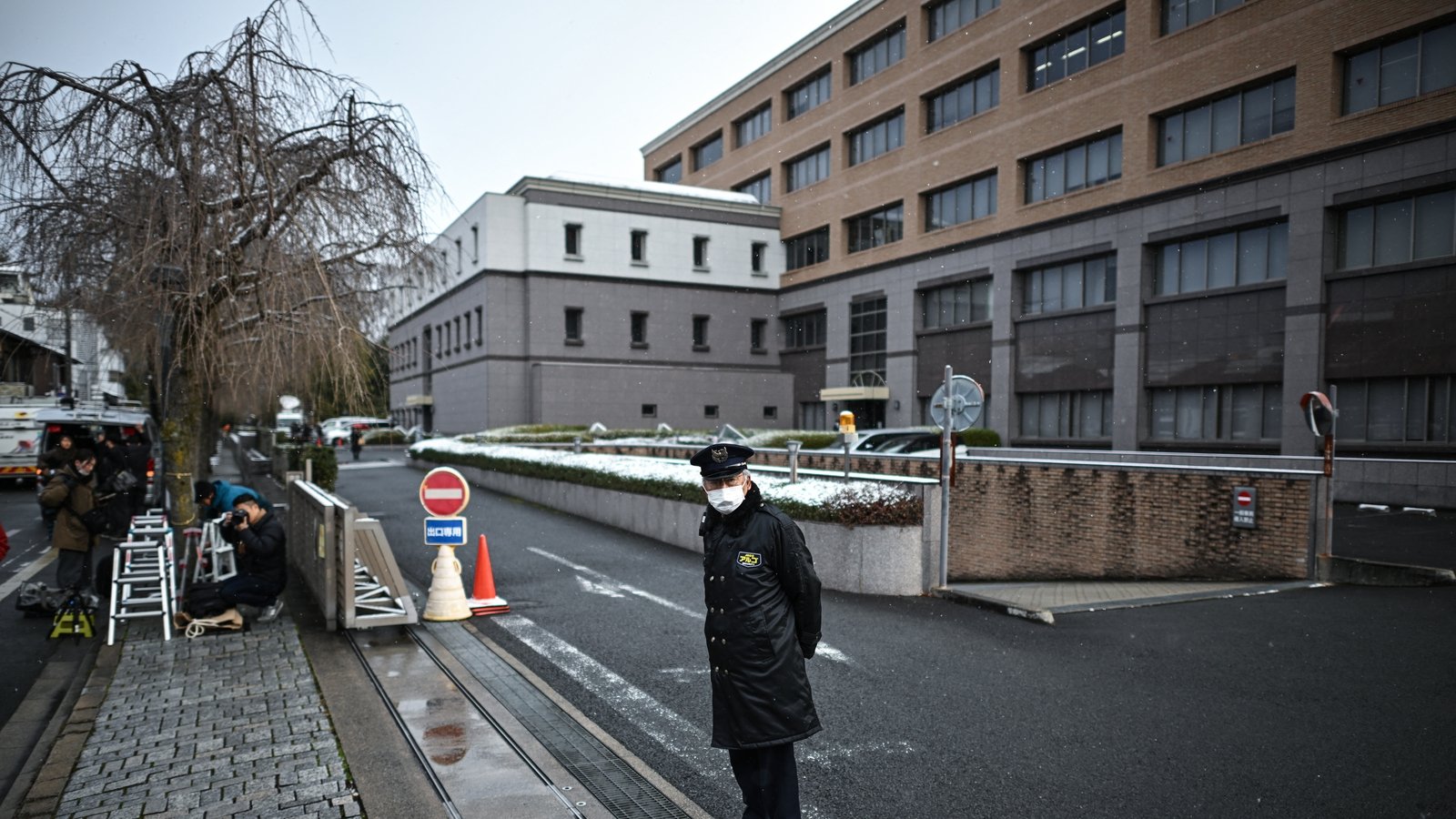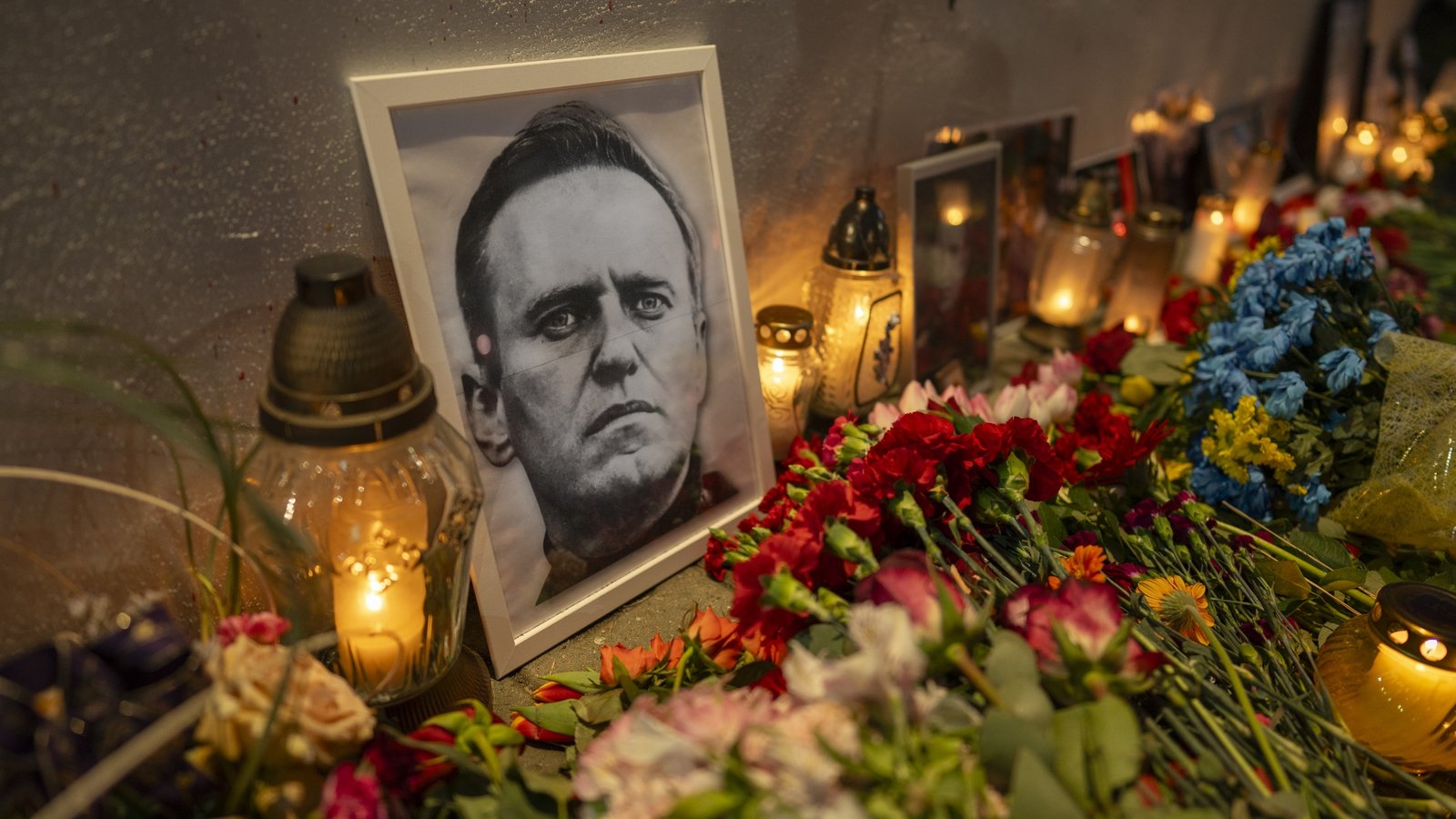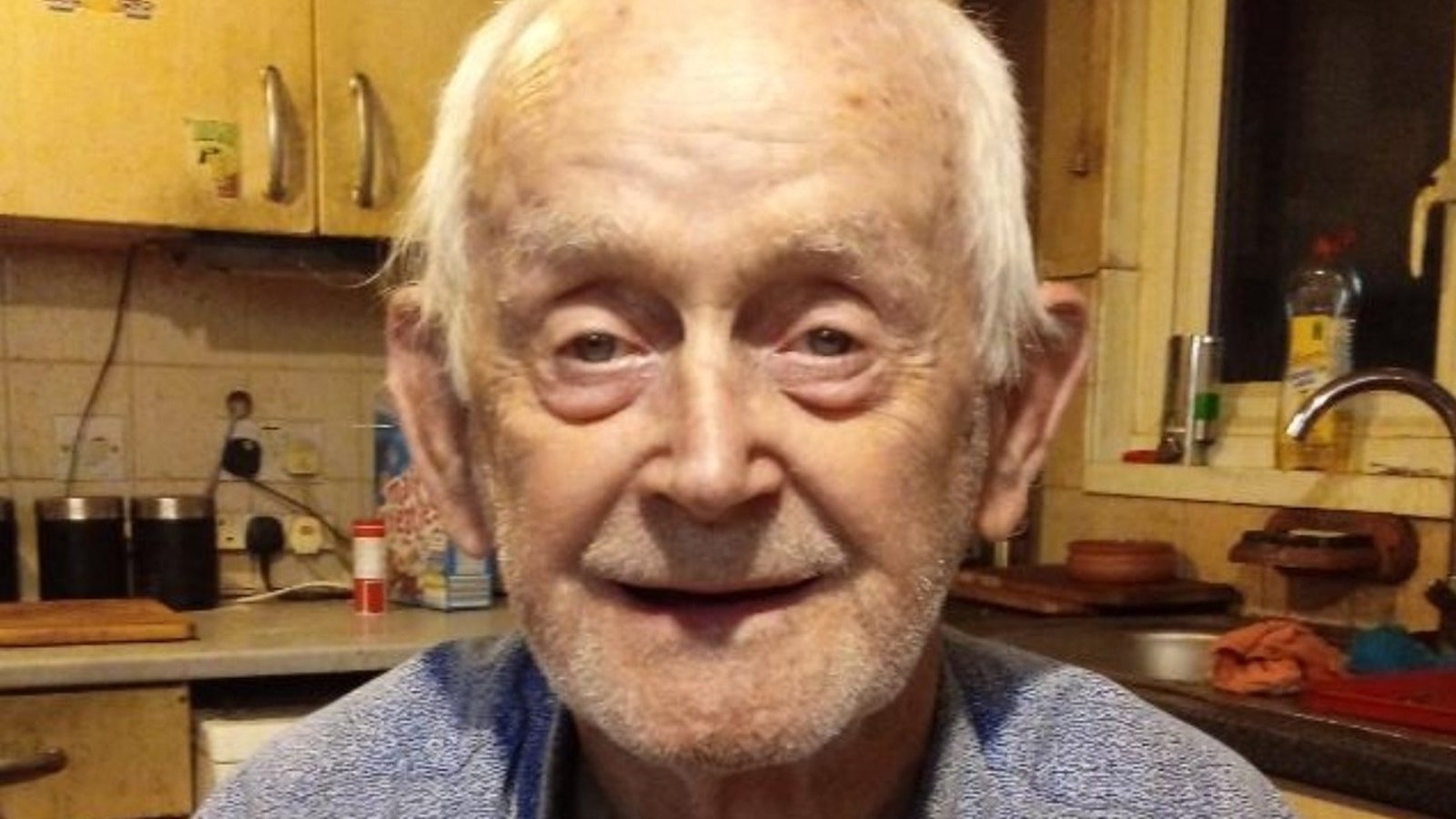Why have 60,000 Slovaks taken to the streets?
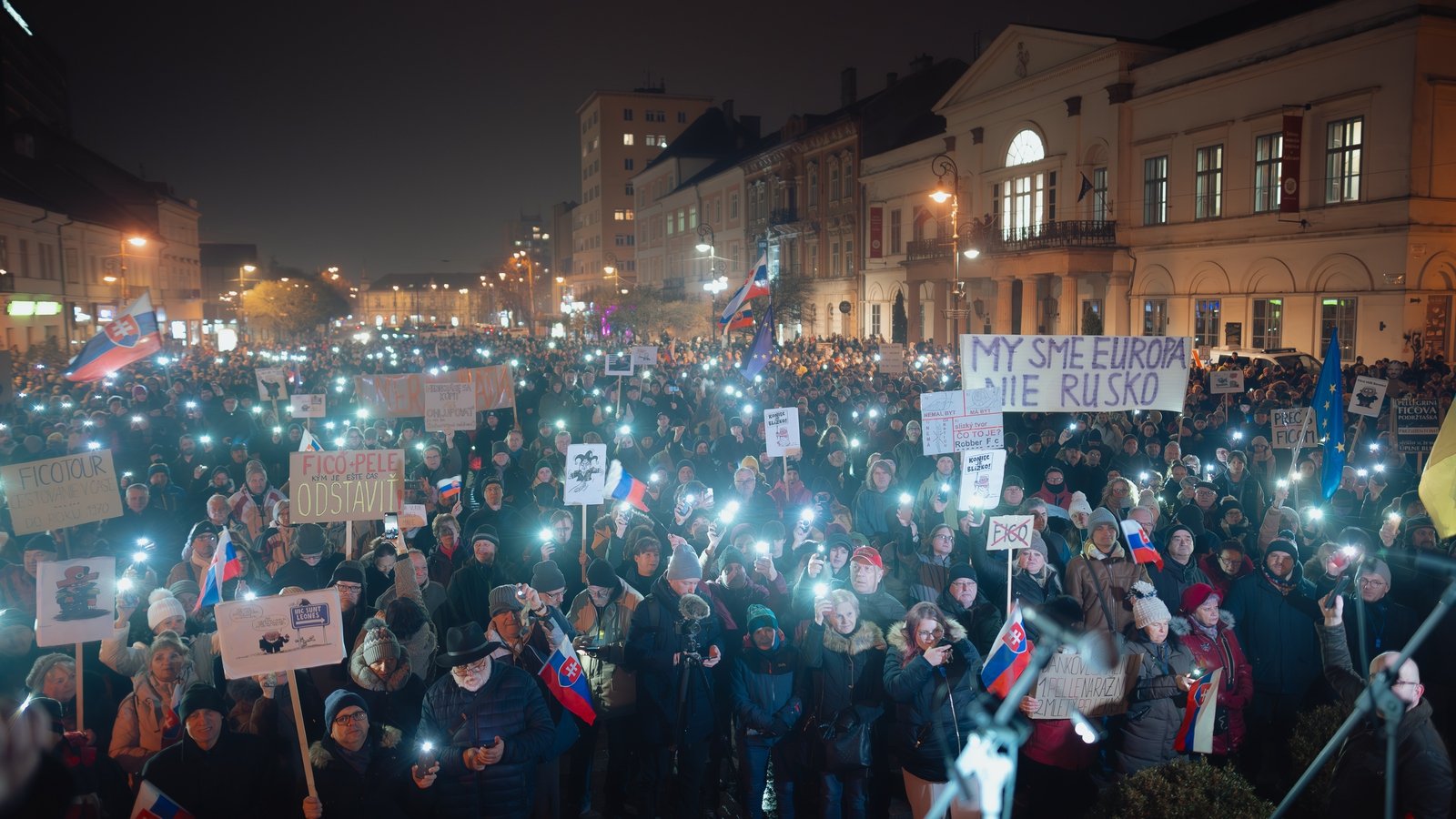
An estimated 60,000 people took part in demonstrations yesterday in more than 30 cities and towns in Slovakia to protest against a government plan to close a state office that investigates high-level financial crime.
30,000 people attended the main demonstration in the capital Bratislava, part of a national campaign organised by three opposition parties and civil society groups.
Slovakia’s leftist coalition government, led by populist Prime Minister Robert Fico, first proposed reforms to the criminal code last December. Since then, the number and size of demonstrations have increased on a weekly basis.
The government has said that its reforms are necessary to end, what it describes as excesses at the Special Prosecution Office by the previous administration.
Mr Fico’s government plans to hold a vote on its proposed reforms next week, which also include suspending sentences for people previously convicted of corruption.
“We definitely see that each week there are more and more protesters in every city nationwide and also in Europe,” said Marco Nemeth, a Bratislava-based fellow at think tank Visegrad Insight.
Independent Slovak news website Aktuality.sk reported smaller demonstrations by Slovak communities in other European cities, including Brussels, Prague and Krakow.
“The special prosecutor’s office was running under the Fico government for years and they didn’t have a problem with it,” Mr Nemeth told RTÉ News.
Slovakia’s President Zuzana Caputova, who is not running for another term in a presidential election in March, has voiced her opposition to the proposed reforms, saying they could threaten the rule-of-law.
She has said she may refer the legislation to the country’s Constitutional Court.
In December, the European Parliament also adopted a resolution questioning Slovakia’s ability to fight corruption and protect the EU budget if Bratislava adopts the reforms to its criminal code.
MEPs stressed particular concern over the Slovak government’s use of a fast-track procedure to implement the proposed reforms, and the dissolution of the Special Prosecutor’s Office.
Juraj Marusiak, a political scientist at the Slovak Academy of Sciences, said that a number of corruption cases had been “highly politicised” from 2020 to 2023 when Mr Fico’s populist SMER party was in opposition.
“On the other hand, SMER wants to protect their own people,” Mr Marusiak told RTÉ News.
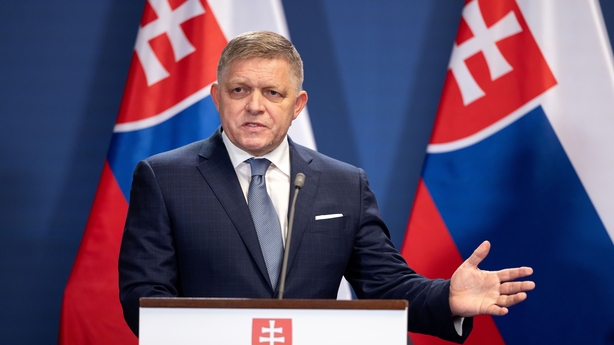
In last September’s parliamentary election, SMER won the largest number of seats and formed a coalition government with social democrats HLAS and the smaller pro-Kremlin, Slovakia National Party.
Mr Fico, who has been prime minister on three previous occasions, resigned from the role in 2018 after the murder of Slovak investigative journalist Jan Kuciak and his fiancée Martina Kusnirova.
Mr Kuciak had been investigating high-level fraud involving Slovak businesses and claimed that a number of Slovak nationals connected to SMER were linked to the ‘Ndrangheta’, an organised crime group from southern Italy.
The deaths of Mr Kuciak and Ms Kusnirova led to mass anti-corruption protests and the subsequent collapse of Mr Fico’s SMER government at the time.
Additional reporting by Reuters


